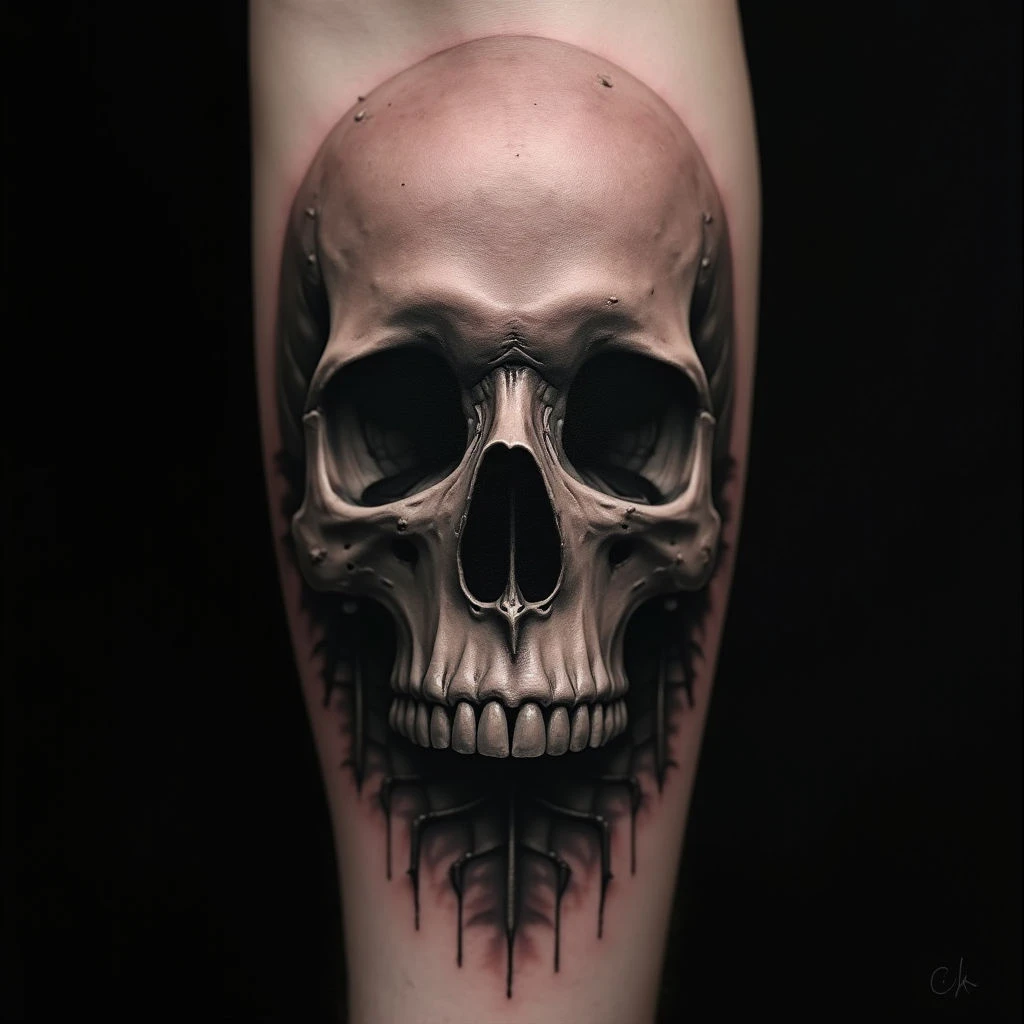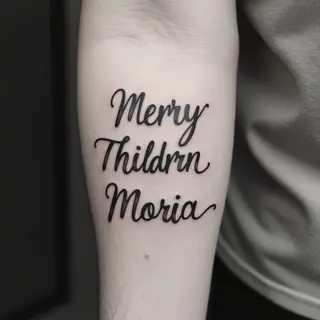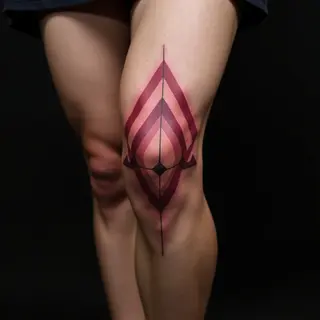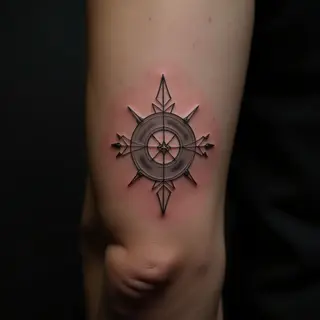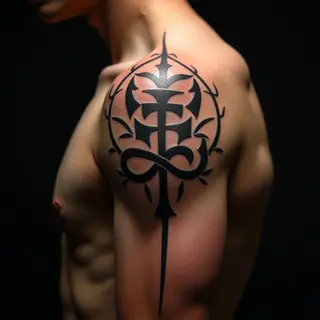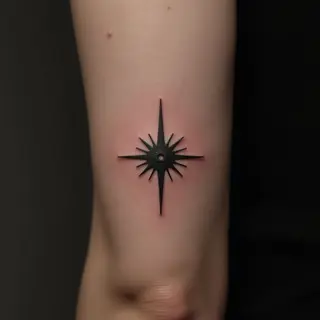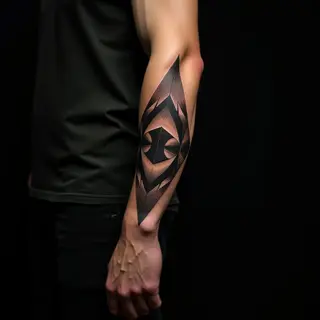Skull Tattoos: Meaning, History, and Design Variations
The skull, an undeniable icon in human culture, holds profound symbolism that translates beautifully into tattoo art. But what does a skull tattoo really mean? Beyond the immediate association with death, skulls represent complex concepts like mortality, remembrance, protection, rebellion, and transformation.
Historical Roots
Skulls have been used in rituals and as symbols of power across numerous civilizations – from Aztec sacrifices to Victorian memento mori jewelry. This history imbues skull tattoos with layers of cultural significance.
Common Meanings
Mortality & Remembrance
The most obvious meaning—a reminder of life's finite nature, often used to honor lost loved ones.
Protection
In some cultures, skulls are seen as powerful protectors against evil spirits and negative energy.
Rebellion & Defiance
Associated with pirates, outlaw motorcycle gangs, and counter-culture movements.
Transformation & Rebirth
The skull can symbolize the cycle of life and death, representing a personal transformation or overcoming adversity.
Design Variations
The meaning can also be influenced by design elements. A sugar skull tattoo (Dia de los Muertos) celebrates life and ancestors, while a realistic skull might focus on mortality. Consider the addition of other imagery—roses for remembrance, flames for rebellion, etc.—to personalize your message.
Miniature Interpretation
Even in miniature form – as I frequently create – these symbols retain their power. A tiny, detailed skull tattoo can be an intensely personal and meaningful statement.
